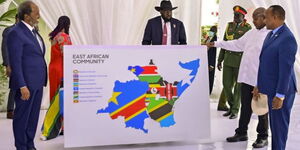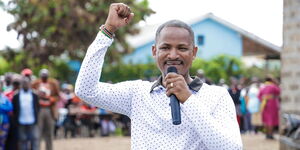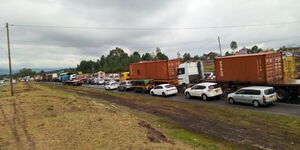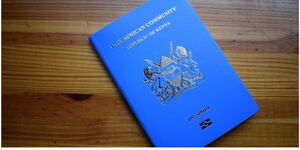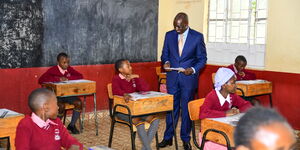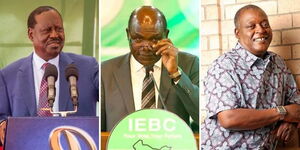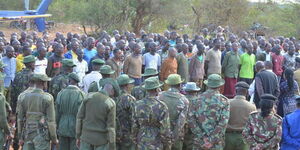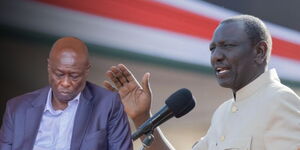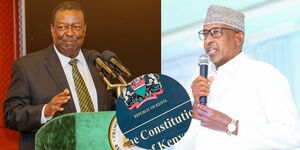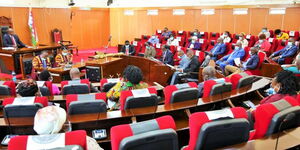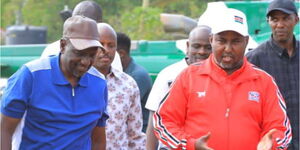Living on the streets of Nairobi is not anyone's cup of tea. The harsh weather, empty stomach, cold verandas and unwelcoming night guards are just some of the things street urchins endure every single day.
The case was not any different for Peter Chege, who left his father's home in 1965 aged 17.
Full of hope and craving the city life, Chege knew that the only way he would achieve his dreams was by getting away from herding livestock and tilling farms.
[caption caption="File Photo of Peter Chege"] [/caption]
[/caption]
“As a teenager from the village, I was looking forward to that comfortable city life, away from herding livestock and tilling the farms in Kianyingi, Murang'a County," he was quoted by the Nation.
The early days looked bright after he joined Form One at the Pan Africa High School but he was forced to drop out when his mother lost her job.
He ended up on the streets for one year before a local charity came to his rescue.
This saw him spend his late teens as a street child in Nairobi.
“St Vincent de Paul, a local charity helping poor families, rescued me from the streets. The charity placed me in a Save the Children funded orphan institute, the Starehe Boys’ Centre and School in Nairobi.
“From there on, I believed in myself and the fact that there were still some good people in the world," he recalls.
After pursuing his Bachelor's at the University of Nairobi in 1976, Chege went to Hull University in the UK where he attained a Master of Arts in organisation and management.
Fast forward and he started working with UNICEF and like-minded partners such as Save the Children for over 28 years.
[caption caption="Peter Chege visiting his dad in Murang'a with his son and grandchildren in April 2017"] [/caption]
[/caption]
Now retired, Chege came back to Africa where he’s now working in Tanzania as a Project Coordinator with Voluntary Missionary Movement (VMM-UK).
His role entails working with poor families and communities in addressing issues to do with eradication of hunger and extreme poverty.

